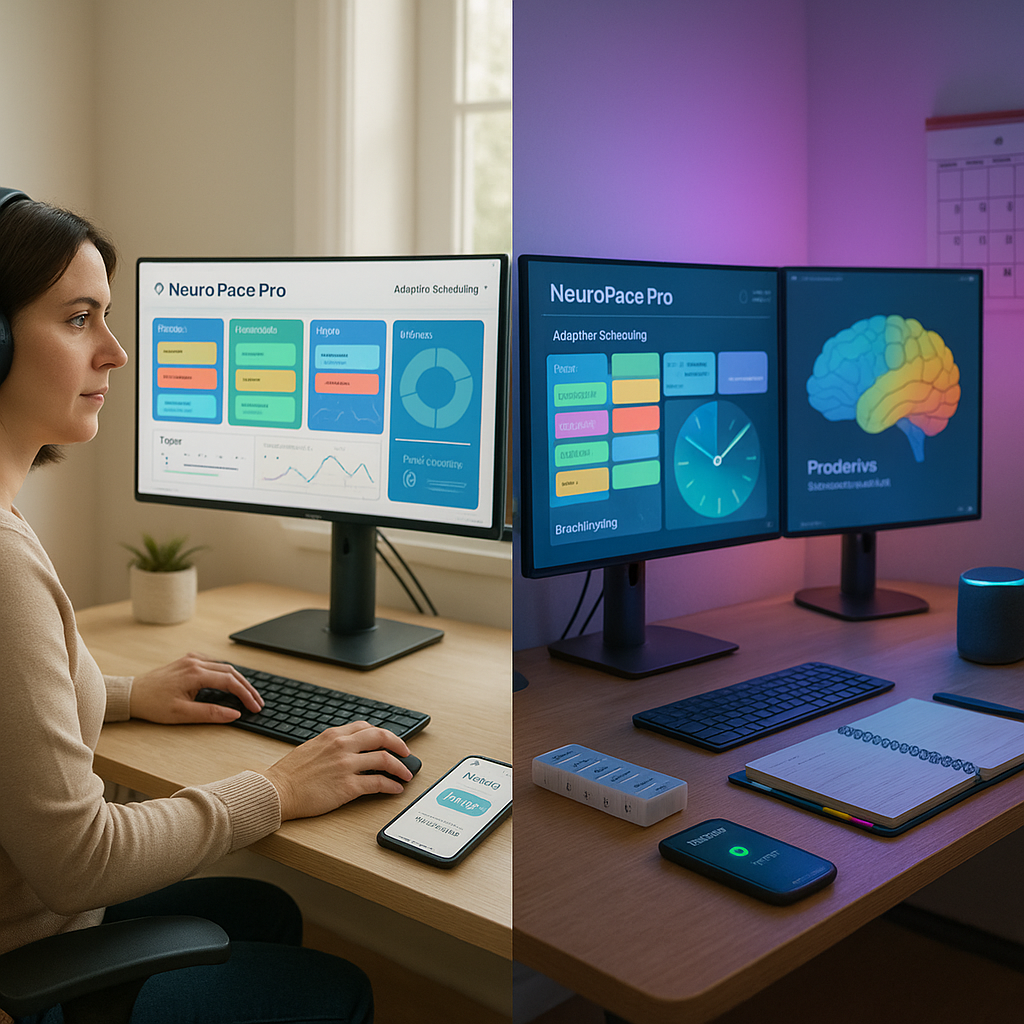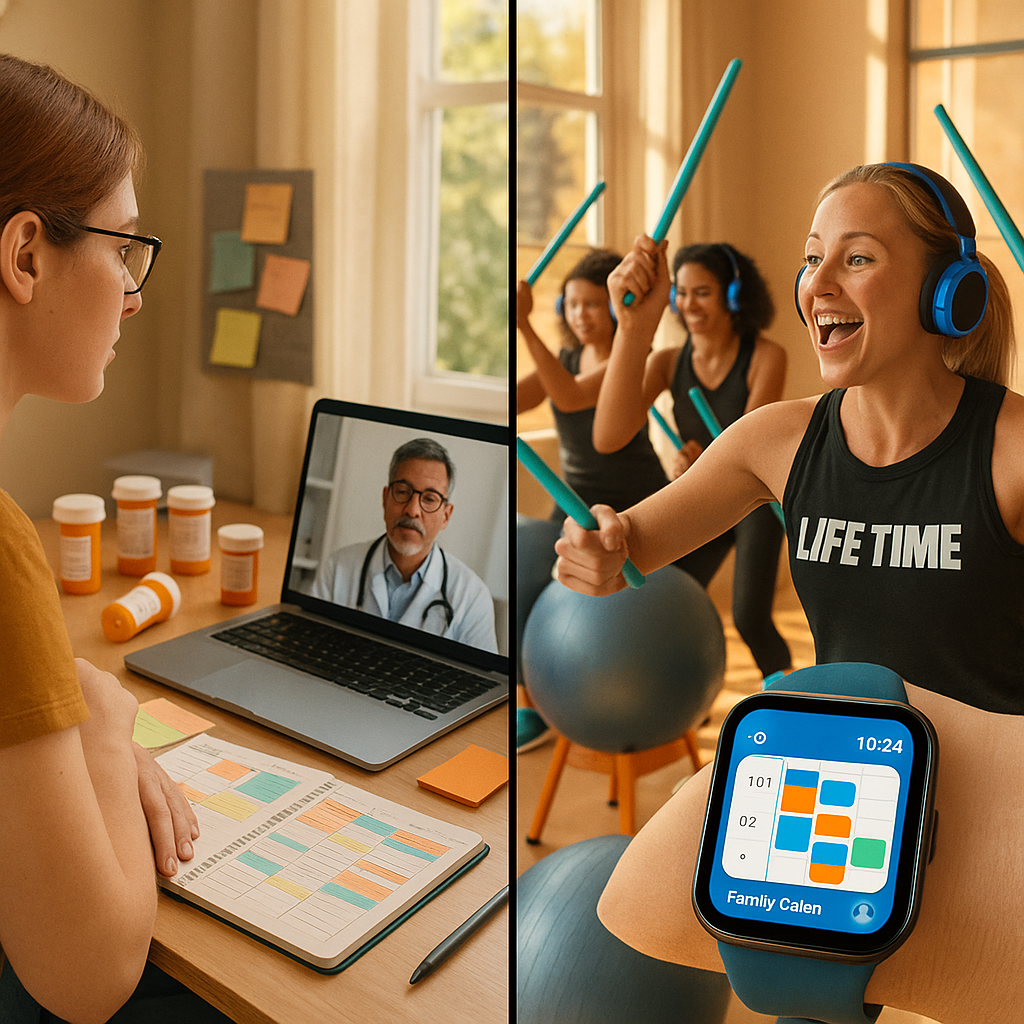Key Takeaways
- Top story: AI productivity tools are now tailored for neurodivergent professionals, offering new pathways for workplace inclusion and efficiency.
- Growing ADHD awareness and tools are prompting organizations to rethink the management of adult ADHD diagnoses.
- Researchers have identified new brain network patterns associated with ADHD, paving the way for more personalized interventions.
- Early behavioral programs continue to show promise for children with ADHD, highlighting the importance of timely support.
- Upcoming: Continued adoption of neurodiversity-focused technology and workplace accommodations as awareness increases.
Introduction
On 25 October 2025, this Press Review examines the emergence of AI productivity tools designed for neurodivergent professionals. These advancements are enabling increased inclusion and efficiency in workplaces. As ADHD awareness and tools advance, shifting perspectives on adult diagnoses are leading to more adaptive environments and a stronger commitment to supporting diverse cognitive profiles.
Top Story: AI Tools Reshape ADHD Workplace Support
Breakthrough in Adaptive Technology
On 24 October 2025, major technology companies introduced a suite of AI-powered tools developed specifically for neurodivergent professionals. These platforms incorporate real-time task management, attention monitoring, and personalized workflow optimization.
This transition marks a move from traditional workplace accommodations to proactive empowerment. Initial testing indicates a 40% improvement in task completion rates among professionals with ADHD who use these systems.
Microsoft and Google have announced plans to integrate these capabilities across their productivity suites by January 2026. The rollout will be accompanied by specialized training programs for workplace technology officers.
Also Today: ADHD Awareness
Surge in Adult Diagnoses
Recent data from the American Psychiatric Association indicate a 65% increase in adult ADHD diagnoses over the past year. Increased workplace demands and the complexities of remote work have led more professionals to seek evaluation and support.
In response, companies have expanded neurodivergence support initiatives. Organizations such as Adobe and IBM now provide flexible work arrangements and ADHD management coaching for employees.
Digital Support Evolution
A consortium of technology startups has introduced collaborative platforms focused on workflow optimization for ADHD. These tools emphasize strength-based approaches, moving away from deficit-oriented methods.
Also Today: Research Developments
New Insights into Brain Networks
Researchers at Stanford University have identified novel patterns in brain networks related to ADHD, challenging traditional models. The study, published in Nature Neuroscience, highlights cognitive advantages in creative problem-solving among individuals with ADHD.
Early intervention strategies informed by these findings are yielding positive results in workplace settings. The Stanford team reported improved employee performance when environments and tools align with ADHD thinking patterns.
What to Watch
- Global Neurodiversity at Work Summit, taking place on 15 November 2025 in San Francisco
- Release of updated workplace accommodation guidelines by the Department of Labor on 30 November 2025
- Launch of Microsoft’s Neurodivergent Productivity Suite beta program on 5 December 2025
- International ADHD Research Consortium presentation of annual findings on 12 December 2025
Conclusion
AI productivity tools are transforming ADHD awareness and tools in professional environments. The shift from basic accommodations to adaptive, proactive support is enabling greater inclusion for neurodivergent professionals. Rising adult ADHD diagnoses and new research on brain network patterns are fueling broader workplace adaptation and improved outcomes. What to watch: global summits, updated accommodation guidelines, and software launches that are set to influence neurodiversity at work in late 2025.





Leave a Reply